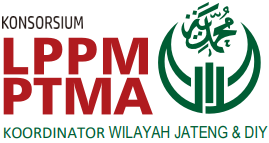E-learning Service Framework Implementation for COVID-19 pandemic (Case study Informatic dept. Universitas Muhammadiyah Magelang)
DOI:
https://doi.org/10.53017/ujmr.118Keywords:
E-learning, Service Framework, COVID-19Abstract
Work from home is a way to reduce the development of the coronavirus termed COVID-19. In the world of education, we have been familiar with e-learning systems where learning is done with any time, any ware, anybody, and anyplace. Nevertheless, the readiness for implementation is not relaxed because there are technical and non-technical obstacles. There are four roles in e-learning wherein the role of instructor and student's role is the core, but the readiness of infrastructure and integration between systems is a problem in itself. The consequence of Work from home is to provide resources independently at home, with cost and geographical challenges. The development of E-learning 3.0, with its U-learning concept, gives a different dimension, especially in the use of cloud service provider applications. In this paper, the E-learning Service Framework is proposed by considering the results of a review of the LearningCube modeling, Interactive Mode Architecture, and Critical Success Factors.
Downloads
Downloads
Published
Issue
Section
License
Copyright (c) 2021 Purwono Hendradi, Mohd Khanapi Abd Ghani, Siti Nurul Mahfuzah Mohamad, Dimas Sasongko

This work is licensed under a Creative Commons Attribution 4.0 International License.





